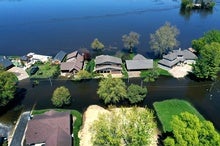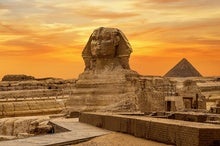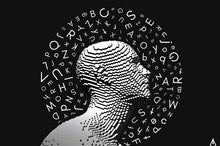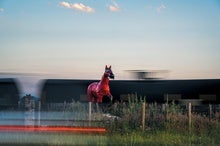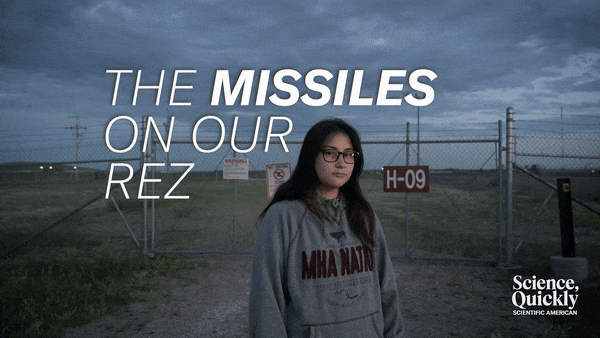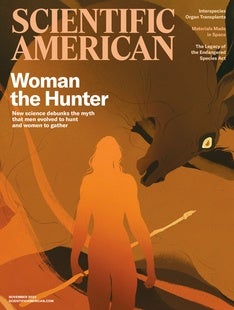Sponsored by .png) | |
 |
| November 17, 2023 |
 |
| |
| |
| |
| Conservation Invasive 'Cocaine Hippos' Are Being Sterilized in Colombia To deal with invasive hippos that were brought to Colombia by drug lord Pablo Escobar—and that threaten the country's biodiversity—the nation's government is sterilizing, exporting and euthanizing the animals | | By Luke Taylor,Nature magazine | | | |
| |
| |
| |
| |
| |
| |
| |
| Defense The New Nuclear Age The U.S. is beginning an ambitious, controversial reinvention of its nuclear arsenal. The project comes with incalculable costs and unfathomable risks | | | | |
| Defense How Did Nuclear Weapons Get on My Reservation? A member of the Mandan, Hidatsa and Arikara Nation digs into a decades-long mystery: how 15 intercontinental ballistic missiles came to be siloed on her ancestral lands. |  | By Ella Weber | 18:37 | | | |
| |
BRING SCIENCE HOME
 | | Shaky Science: Build a Seismograph | 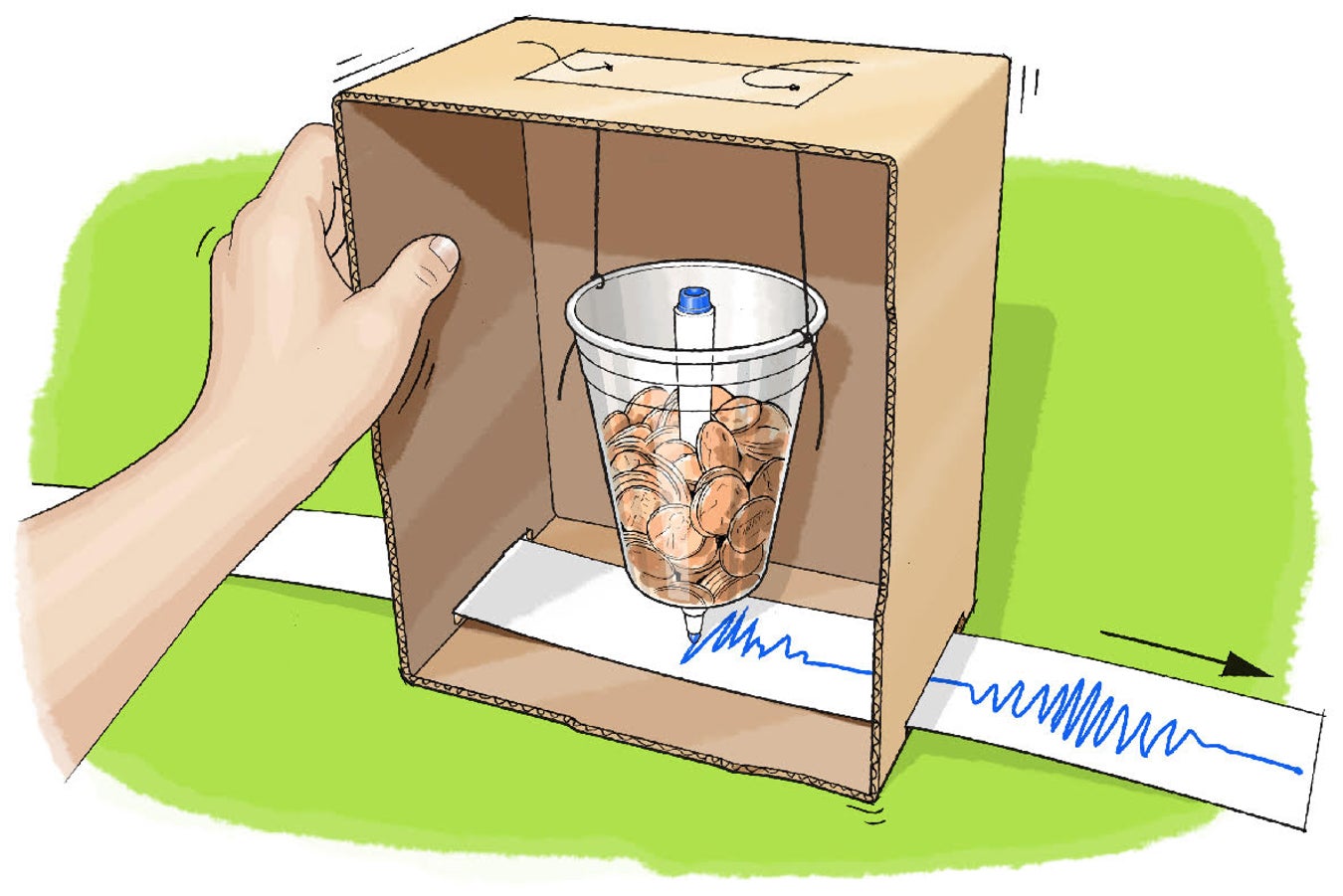 Learn how to measure movement with some simple physics by building your very own seismograph. And shake it up! Credit: George Retseck | Scientists study earthquakes so we can understand and predict them better. In this activity you will learn about one of the tools scientists use to measure the strength of an earthquake—and build your own machine using simple materials. | |  | |
LATEST ISSUES
 |
| |
| Questions? Comments?  | |
| Download the Scientific American App |
| |
| |



.png)
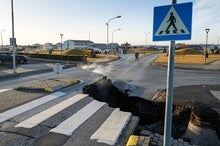

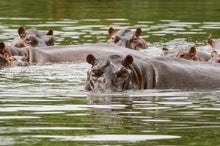
.png)

